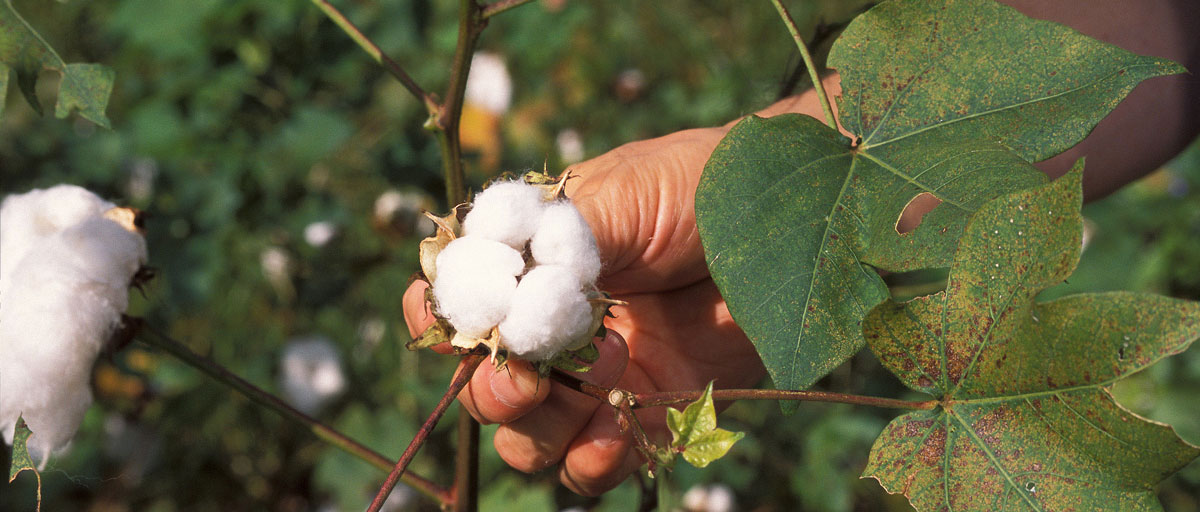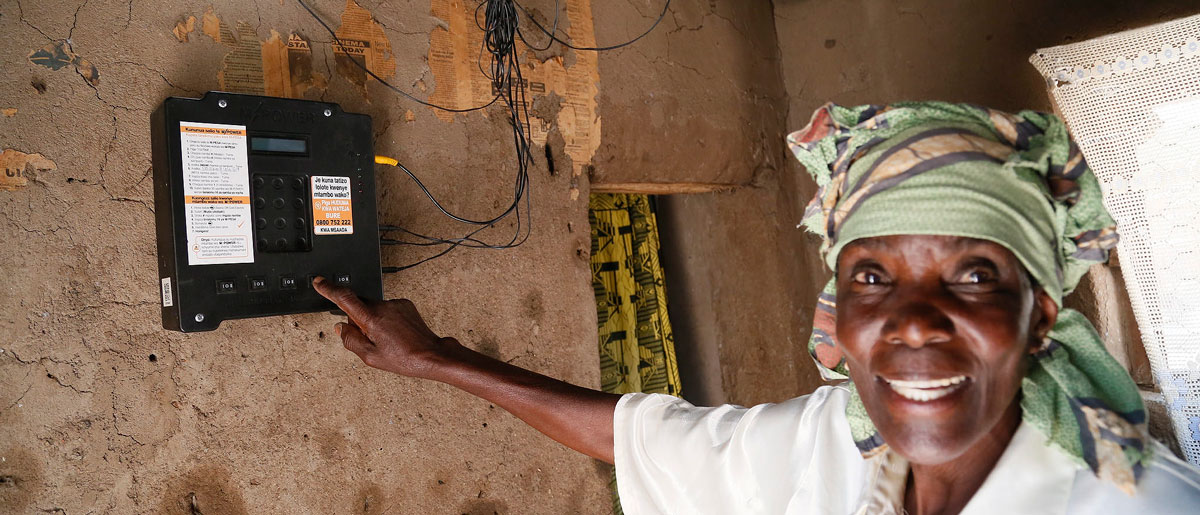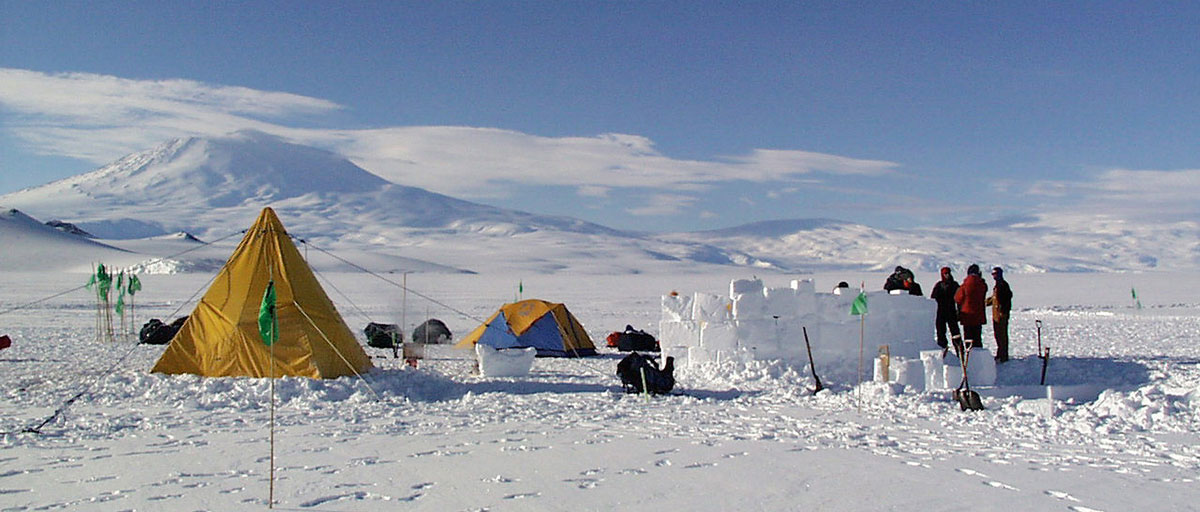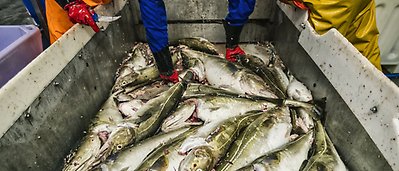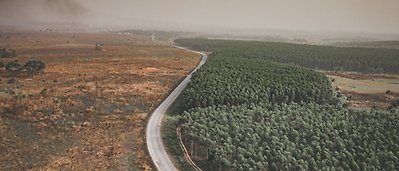Time:
00:06:05
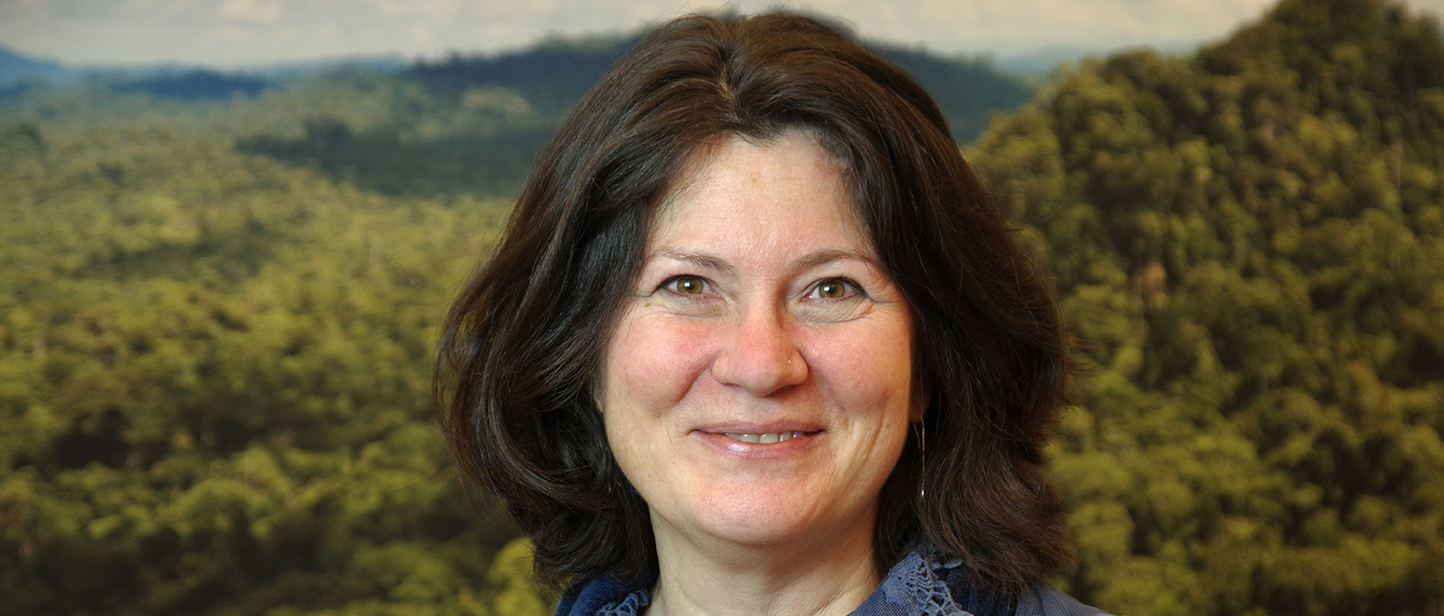
Bildtext
Bildtext får vara max två rader text. Hela texten ska högerjusteras om den bara ska innehålla fotobyline! Photo: B. Christensen/Azote
International women's day
Facilitating the global sustainability story
In continuing to highlight some of our women researchers for International Women’s Day, we would now like to showcase Sarah Cornell whose work spans from understanding Earth resilience science to crafting real world impacts
- Sarah Cornell is an interdisciplinary researcher, and spearheads a group of transdisciplinary researchers working on global sustainability
- She is one of the core team scientists in the ERC-funded Earth Resilience in the Anthropocene project
- Sarah has been a champion of initiative’s supporting women working parents, and contract research staff from university to EU levels
Stepping back to look at the forest instead of just the trees is not an easy thing to do. Now take a step back even further, and look at the whole planet and every organism that resides and relies on it. This is a daunting task, to say the least. Yet, somebody must be up to the job if we are going to thrive on a sustainable planet.
Luckily at the centre, we have a team working on global sustainability and Earth resilience. Leading that team of transdisciplinary researchers is Sarah Cornell. In this team and beyond, Sarah is a supervisor and mentor to a number of PhD and MSc students. She is one of the core team scientists in the ERC-funded Earth Resilience in the Anthropocene project. She also jointly coordinates the planetary boundaries research network, contributes to SwedBio’s science-policy interface, and is an active member in “The World In 2050”, a science/policy platform for the SDGs.
Sarah started her academic career as an environmental chemist, receiving a PhD from the University of East Anglia, but later widened her focus to issues of global environmental change and sustainability.
As a self-described interdisciplinarian, Sarah pushes boundaries when it comes to science and outreach. As one of her former research team members, Andrea Downing, describes “She’s extremely knowledgeable in and across many fields - connect smart and knowledgeable, that’s really a power couple. She’s very active in bringing quality science into the real world. And she’s a fun, strong, and positive person, which makes her invaluably constructive in arguments and discussions. Above all that, she’s extremely humble, which makes her accessible to all.”
On top of all this, Sarah is a champion of initiatives that support women, working parents, and contract research staff in science, and has done so at the university, national, and EU-scale.
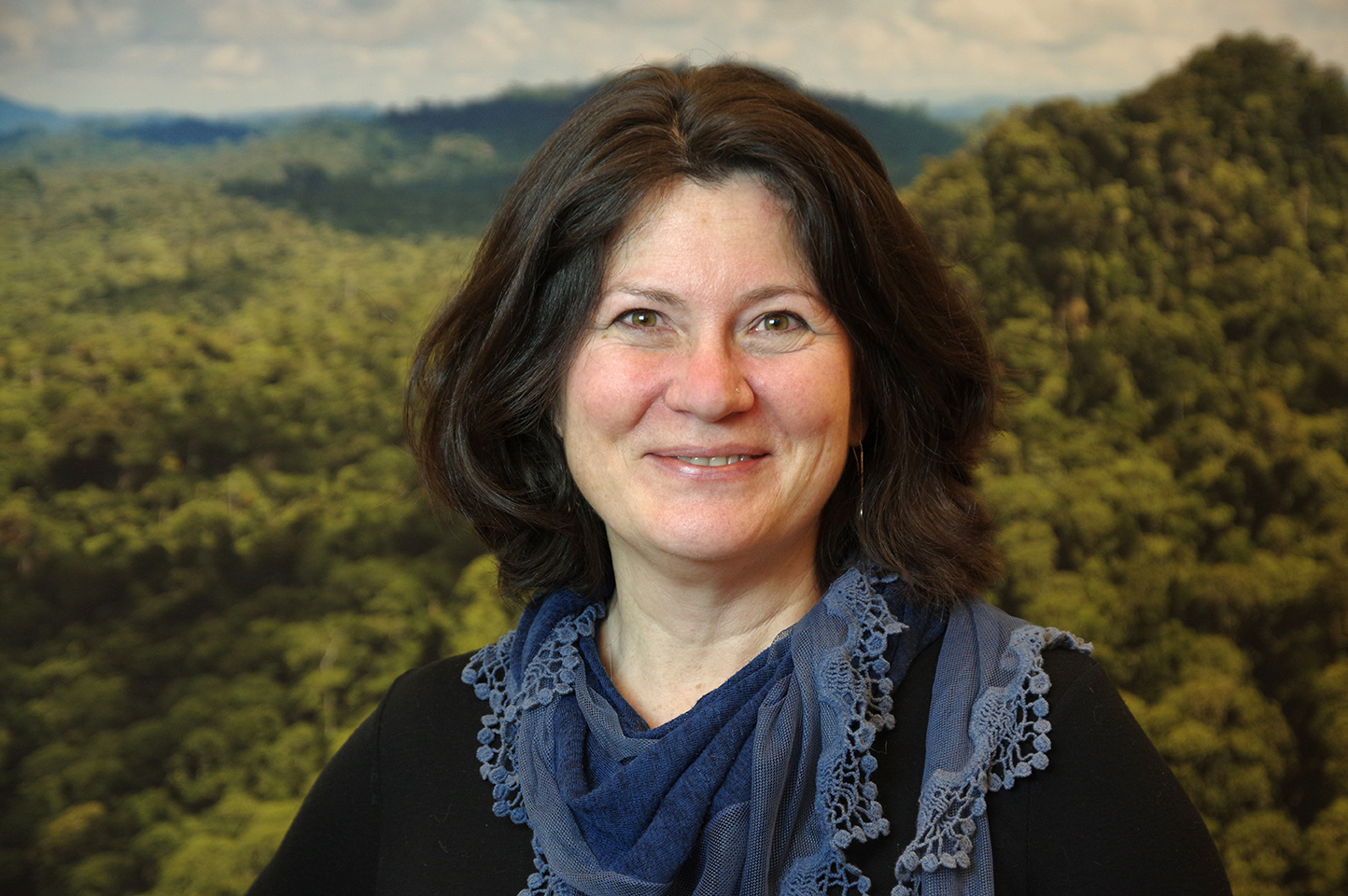
Sarah holds a PhD in environmental chemistry from the University of East Anglia, but now focuses her research on topics around global environmental change and sustainability.
What areas have you worked on in the past? What areas are you working on now?
Sarah explains that, both in the past and looking forward, her work can be divided into three categories:
(1) Bridging scientific disciplines and subjects
“Making sure that we keep track of the rapidly evolving ‘component science’ that is part of the big system picture we’re trying to understand as part of the planetary boundaries,” explains Sarah.
By component science, she means bringing together scientists working on topics like the nitrogen cycle, water cycle, and large-scale climate dynamics. To do this, she explains that she tries to keep track of the wide variety of topics within the earth sciences fields.
(2) Crafting the global sustainability story
“Keep the conversations going. To really make sure that scientists from these different fields come together somehow, and build up a joined up story of global environmental change,” Sarah explains.
(3) Connecting science to the real world
To drive any sort of change, there must be a critical mass that is on board. As Sarah notes:
“The last strand (of my work) is about pulling all of these bits of knowledge together to try and make them useful. Increasingly, we are working with companies. For a long time, we have worked with policymakers, and more and more I am trying to make sure that what we understand and know about the changing world, can also make sense to everyday people.”
What is something new you are working on within the planetary boundaries realm?
The planetary boundaries have been instrumental in helping to understand and communicate global sustainability issues. In moving these conversations forward, Sarah plans to look at the planetary boundaries framework differently in forthcoming work – from a gender perspective.
Sarah plans to ask the questions, “How would women see the planetary boundaries? How does change and these processes affect men and women differently? Does it affect them differently, or are we actually one universal global humanity?”
When she gets far enough in understanding the dynamics of these questions, Sarah would also like to understand what could best drive sustainable change. For example, if different groups, such as men or women, or on what level, such as local or regional, should be targeted.
Who is a woman that inspires you in your work?
“A woman? I’d like to mention a couple actually. There are some fantastic women scientists that have really shown leadership in global change research, and in being jolly nice humans at the same time.”
Diana Liverman is a professor at the School of Geography and Development at the University of Arizona. Her work focuses on environmental issues and the human dimensions of global environmental change, especially the social causes and consequences of climate change.
Katherine Richardson is a professor and the leader of the Sustainability Science Centre at the University of Copenhagen. Her work focuses on better understanding of the role of biological processes and biodiversity on the cycling of carbon in the upper ocean and how this impacts food webs and the global carbon cycle. She also worked on the planetary boundaries framework.
Mary Midgley is a moral philosopher and formerly was a senior lecturer at Newcastle University. Her work focused on science, ethics, and animal rights, publishing over 15 books throughout her academic career. She is also famous for her moral interpretation of the Gaia hypothesis, which suggests that Earth’s organisms co-evolve with their environment.
“She’s an inspiration because she went back to research in her 50’s,” Sarah mentions about Mary Midgley. “Carry on a career for long, because it can make a big difference.”
International Women's Day
To celebrate Internation Women's Day, we are highlighting some of our women staff at SRC. We also asked our colleauges about women that ispire them and why. Follow the links below to read more:
Highlighting women in sustainability science
Anne-Sophie Crépin, researcher and deputy director of the Beijer Institute of Ecological Economics
Miriam Huitric, director of studies, and director of the Master's programme
Jennifer Hinton, PhD candidate
Beatrice Crona, associate professor
